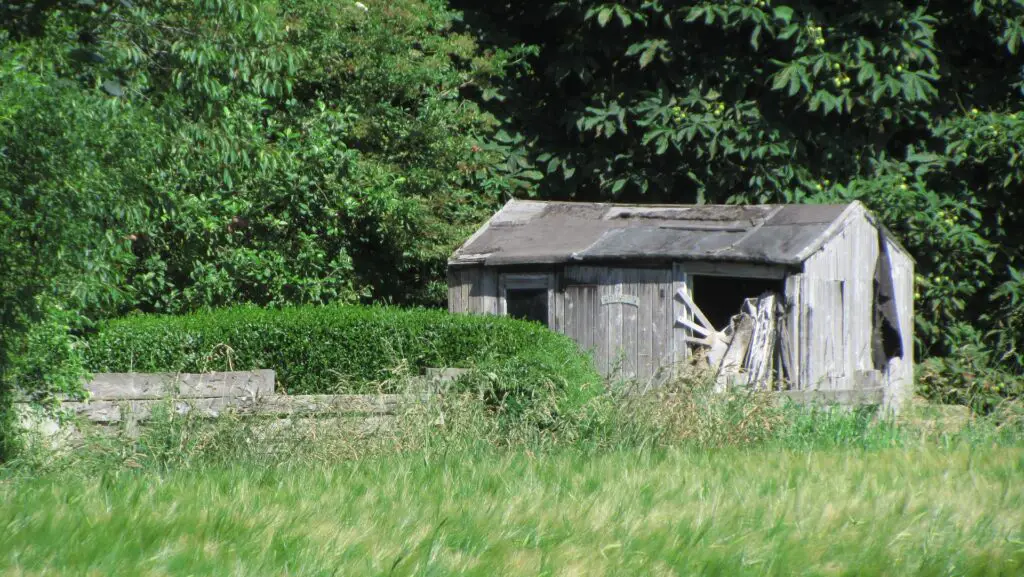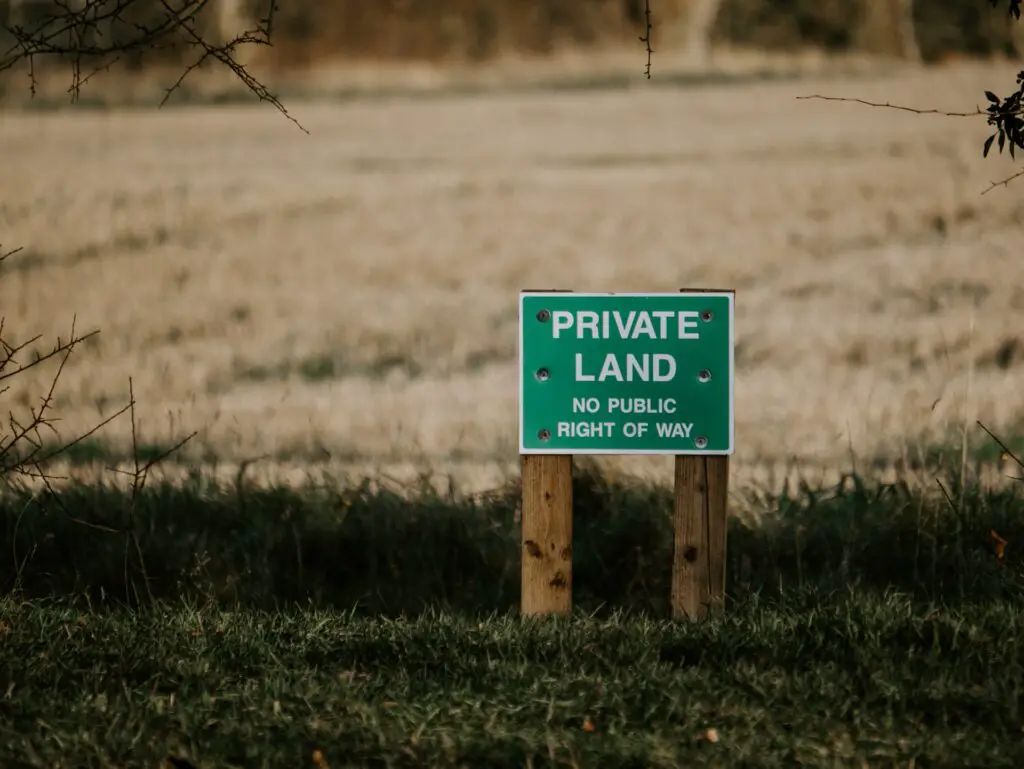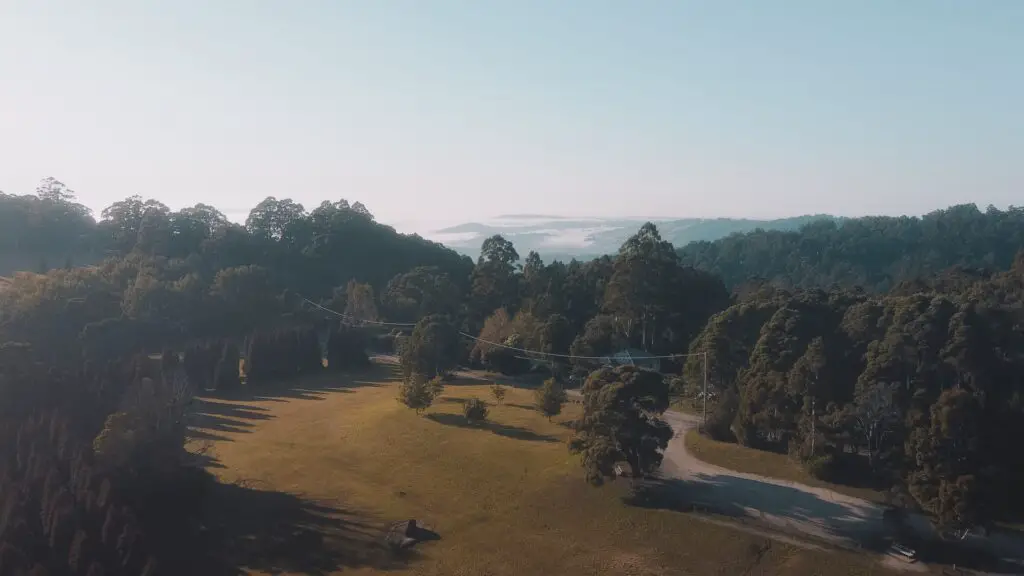
How To Value Land In The UK
In this article, we take a look at the factors which determine the value of land in the UK, we show you a way of calculating the specific value of a plot of land, ways of increasing the value of land, and much, more.
How Much Is Land Worth?
The value of land is dependant on who you ask as each person will judge its worth from different perspectives. However, six crucial factors that will influence the value of a plot of land alongside personal judgement are:
- Location – Land located in an area of social and cultural wealth with sound infrastructure surrounding it will command a higher asking price. In contrast, land situated in less appealing areas will be substantially cheaper. This concept is the Law of Rent and links to the mantra’ Location, Location, Location’.
- Topography – The composition and sustainability of the land have a significant impact on the value of the land. Surveys will inform the buyer of the soil quality, flooding risks, wildlife areas and any protected species known to use the land.
- Supply – When demand for land in the area exceeds the availability, this will increase the worth of the land.
- Usefulness – When looking to sell land for development, it will undergo an evaluation for its highest and best use; it will look at elements such as size and shape, land quality and surrounding infrastructures
- Accessibility – Land that is easily accessible and has links to facilities and transport infrastructure will demand a higher asking price.
- Utilities and water – Land with utilities in place and access to water or neighbouring comparable properties with utilities and water are more marketable and can achieve a higher asking price. Having power, telephone lines, internet, water, and sewage facilities means building on the land is more achievable.
Calculating The Value Of A Plot
A plot of land is only worth what a buyer is willing to pay, but people should only be willing to pay its worth. Therefore, when calculating the value of a plot, buyers and sellers should consider this simple calculation.
Plot Value = end value – development costs – desired equity
The basic concept of this calculation is to consider the value of the proposed property you are planning to build on the land once completed. You then deduct the costs of designing and building the property. The figure left is your desired profit and the funds for purchasing the land, leaving you with a plot valuation.
How Much Is Land Worth Per Acre?
The cost of an acre of land is dependent on its usage and its quality. An acre of land equates to 208.71 feet by 208.71 feet or 63.61 metres by 63.61 metres. That is approximately 60% of a football pitch or 16 tennis courts.
- Arable Land – 1 acre of high-quality arable land costs approximately £9,327, and poor quality costing about £7,416
- Pasture Land – 1 acre of high-quality pasture land costs approximately £7,642, and poor quality costing about £5,343
- Farmland – Depending on the location of the land, 1 acre of farmland costs approximately £12,000 and £15,000. However, this can reach £50,000 depending on different variables.
Where is the cheapest and most expensive land in the UK?
The location of a plot of land will influence its value significantly. For example, the most expensive land can be found in Surrey and Hertfordshire at approximately £450,000, respectively. On the other hand, the cheapest land is in South Yorkshire at about £70,000, followed by Greater Manchester at approximately £73,499.50.

How Can You Increase The Value Of Land In The UK?
The value of land increases over time; however, you can speed this up by undergoing seven steps to improve its quality:
- Access – Selling land without access will significantly reduce its value and even prevent it from selling at all. So, ensure that a road maintenance and easement agreement is in place with agreement from the neighbours.
- Utilities – Although this is a costly job to undertake, land with utilities already in place will substantially increase its value by up to 20%. However, if this is not possible due to finances, consider adding solar or wind power systems to produce energy.
- Gates – Adding security to your land will provide buyers with peace of mind and prevent trespassers.
- Survey – Providing buyers with a land survey will increase its value as they know exactly what they are purchasing. A land survey will highlight the properties boundaries, restrictions, topography and soil types, and easement within the land.
- Drainage – Resolving drainage issues due to holding standing water or poor drainage will increase your land value. Buyers will be hesitant to purchase and build on land with unresolved issues.
- Trees – Using trees to create privacy and beauty will attract buyers and increase the value of the land
- Appearance – Presenting your land in a tidy way will demand a higher price compared to a messy piece of land
What Costs Are Involved When Developing Land?
Developing on your land can be an expensive undertaking, so it is imperative to carefully consider the costs it will entail. Here are some of the expenses involved:
- Purchase of land – The cost of your land purchase depends on various factors, including size and location
- Land survey – A complete and detailed land survey costs between £400 and £600
- Drawings for building control and planning application – Detailed drawings are required for both building control and planning applications; you can expect to pay between £2,500 to £3,500 for each of these drawings
- Structural engineer – They will support in designing and constructing your buildings and cost approximately £500
- Planning application – The local authority for which the land sits will determine the cost of submitting a planning application
- Building control fees – As with the planning application, each local authority has its fees for completing this part of the process
- Installing utilities and services – Depending on the services required, it will cost between £4,000 to £7,000 to get your property fully connected
- Insurances – It is essential to have insurance when developing on your land so that you have cover for any unexpected costly situations; you will pay between £500 to £1000 for a policy.
- Legal fees – The cost can range between £500 to £1000.
- Stamp Duty Land Tax (SDLT) – Properties sold at a value below £125,000 do not incur Stamp Duty Land Tax. Properties between £125,001 to £250,000 incur a 2% SDLT and properties between £250,001 to £925,000 incur a 5% SDLT. It then increases to 10% for properties sold between £925,001 to £1.5million. Anything over 1.5 million costs an additional 12%.
- Architect fees – The cost of an architect will be dependent on the total build cost and will be between 5-15%.
- Structural warranty – Providing your buyers with a structural warranty will bring them confidence in your work. Warranties typically cost 1% of the build cost.
How Much Is Garden Land Worth?
Some homeowners are lucky enough to own a property with an extensive garden plot. While some people are happy to tend to significant gardens, others see the potential to make some money. Therefore, when ascertaining the value of the land, owners should consider its existing use and its alternative use:
- Existing Use – The land will be valued and sold at a price that reflects its current use without any changes or planning permission in place
- Alternative Use – The land will be valued and sold at a price that reflects its alternative use with planning permission in place for the proposed changes
You can calculate the value of the garden land by using the comparable or marriage value method.
- Comparable Method – This involves looking at the price similar plots have sold and adjusting their price considering your plot’s size and location.
- Marriage Value – This involves considering the value of the land once converted to a new dwelling. The value of the new property is used to calculate the value of the garden up for sale.

Does Your Garden Have Development Potential?
Not everyone’s garden has the potential to be developed. Consider these five elements that would suggest your garden has developmental potential:
- Access to the main road – Developing a property in your garden will require suitable access to the main road, not just a path. Without it, your planning permission will not pass
- Side space – If you have a minimum of 7-metre space between your property and your neighbours, you could develop a missing house that slots into the area
- Garden length – To develop a property with access to a garden using your land requires a garden length of at least 35 metres
- Plot width – If your garden plot is double the width of your neighbours, you can replace your current singular property with two or more properties
- Neighbours – Look to see whether any neighbours have developed into their gardens as this is a sign that planning permission is likely to be favourable
How To Making Money Through Land Development?
The basic idea of making money through land development is all about adding value in some form. You can buy a piece of land without planning permission, and then obtain the planning, and then sell to the increased value. You can apply for a change of use, which can also add a lot of value to the land. Of course, you can always build on the land and sell properties off individually also very profitable.
How Much Is Land Worth With Planning Permission UK?
When considering selling your land and exploring options to secure the highest price, owners should consider planning permission, even if building is not your end game. A piece of land that has full planning permission secured can increase its value by 8 to 10 times the value of the same piece of land without planning permission in place.
Here are some more of our articles related to land development in the UK:
- Can You Build On Agricultural Land UK?
- Land Without Planning Permission
- How To Find Out Who Owns Land
- Can I Claim Derelict Land?
- Claim Free Land In The UK
- Cheap Land For Sale
If you are looking for Land value estimates for policy appraisal, take a look at the UK governments page
